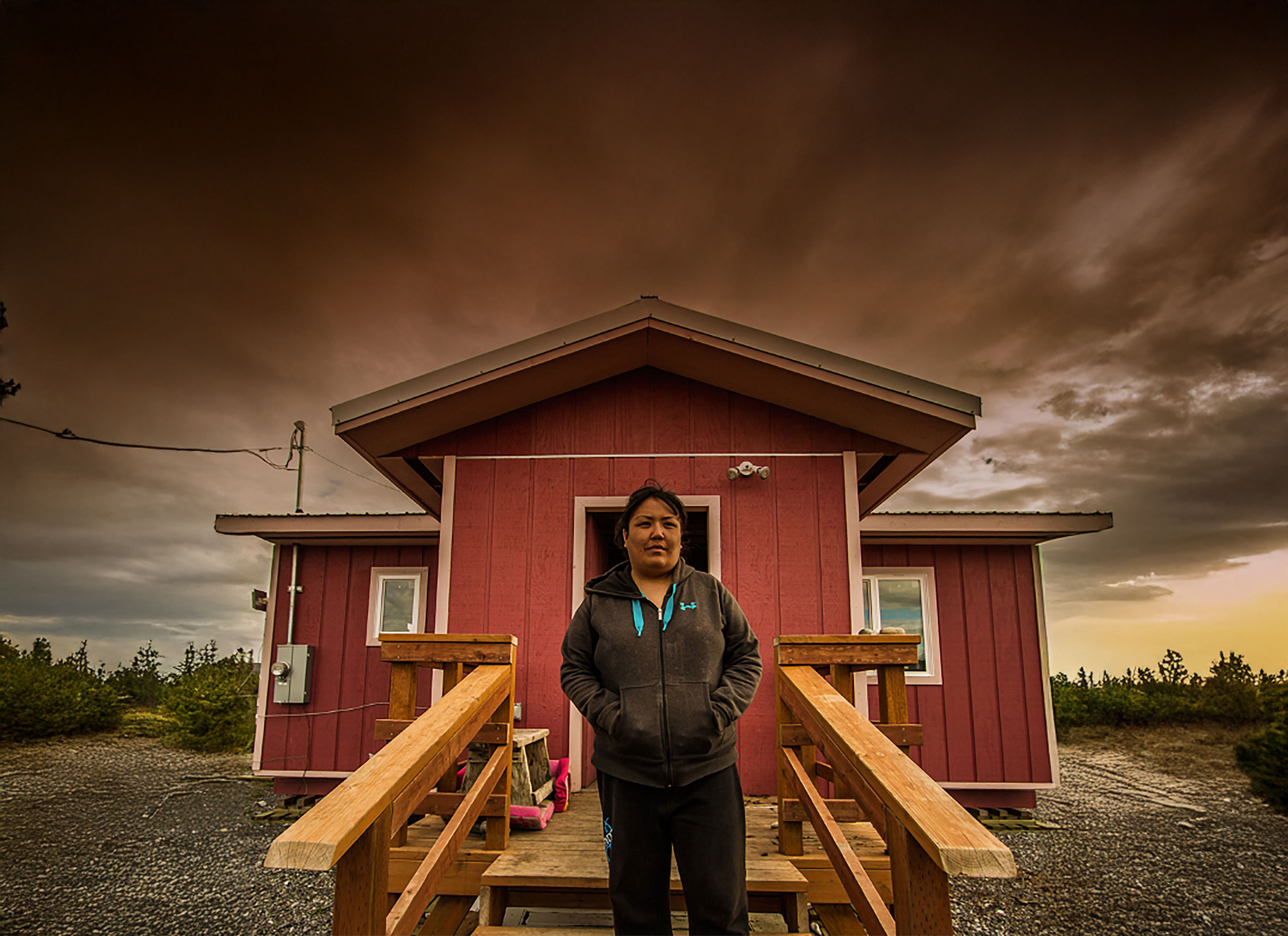
Our Partners

The National Congress of American Indians (NCAI) is the oldest and largest national organization of American Indian and Alaska Native tribal governments. As the collective voice of tribal governments in the United States, NCAI is dedicated to ending the epidemic of violence against American Indian and Alaska Native women. In 2003, NCAI created the NCAI Task Force on Violence Against Women to address and coordinate an organized response to national policy issues regarding violence against Indian women.

The National Indigenous Women’s Resource Center (NIWRC) is a nonprofit organization that provides technical assistance, policy development, training, materials, and resource information for Indian and Alaska Native women, Native Hawaiians, and Native non-profit organizations addressing safety for Native women. The NIWRC’s primary mission is to restore safety for Native women.

The Alaska Native Women's Resource Center (ANWRC) is dedicated to supporting and empowering Alaska Native women and their families through advocacy, education, and culturally relevant services. Through collaboration with various stakeholders, the ANWRC works tirelessly to improve the lives of Alaska Native women and promote equity within their communities.
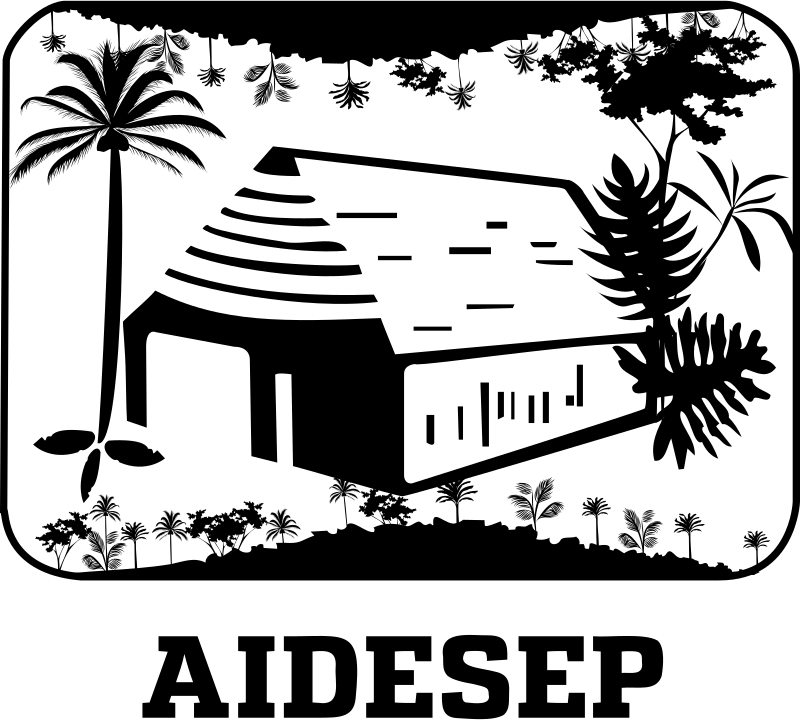
The Interethnic Association for the Development of the Peruvian Rainforest is a Peruvian national Indigenous rights organization. A National Board of Directors is elected by nine regional organizations every five years. Members of AIDESEP work to improve the health, education, housing, and organization of Indigenous peoples.
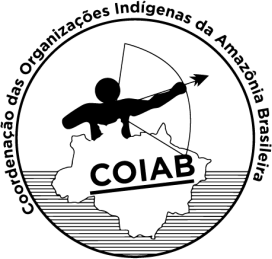
Founded on April 19, 1989, C.O.I.A.B. is the largest regional indigenous organization in Brazil seeking to defend the rights of indigenous peoples to their land, environment, health, education, culture, and self-determination. The organization also fights for the protection and recognition of indigenous peoples in voluntary isolation. The organization mobilizes roughly 160 distinct peoples, representing 440,000 individuals – nearly 60% of the country’s indigenous population.

A.P.I.B. was created in 2005 by the Free Land Camp (ATL) movement, which is an annual mobilization of indigenous peoples to call attention to the indigenous rights situation in Brazil and to demand that the State of Brazil uphold protections for indigenous peoples. A.P.I.B. is the largest indigenous organization in Brazil and is composed of the regional indigenous organizations throughout the country.
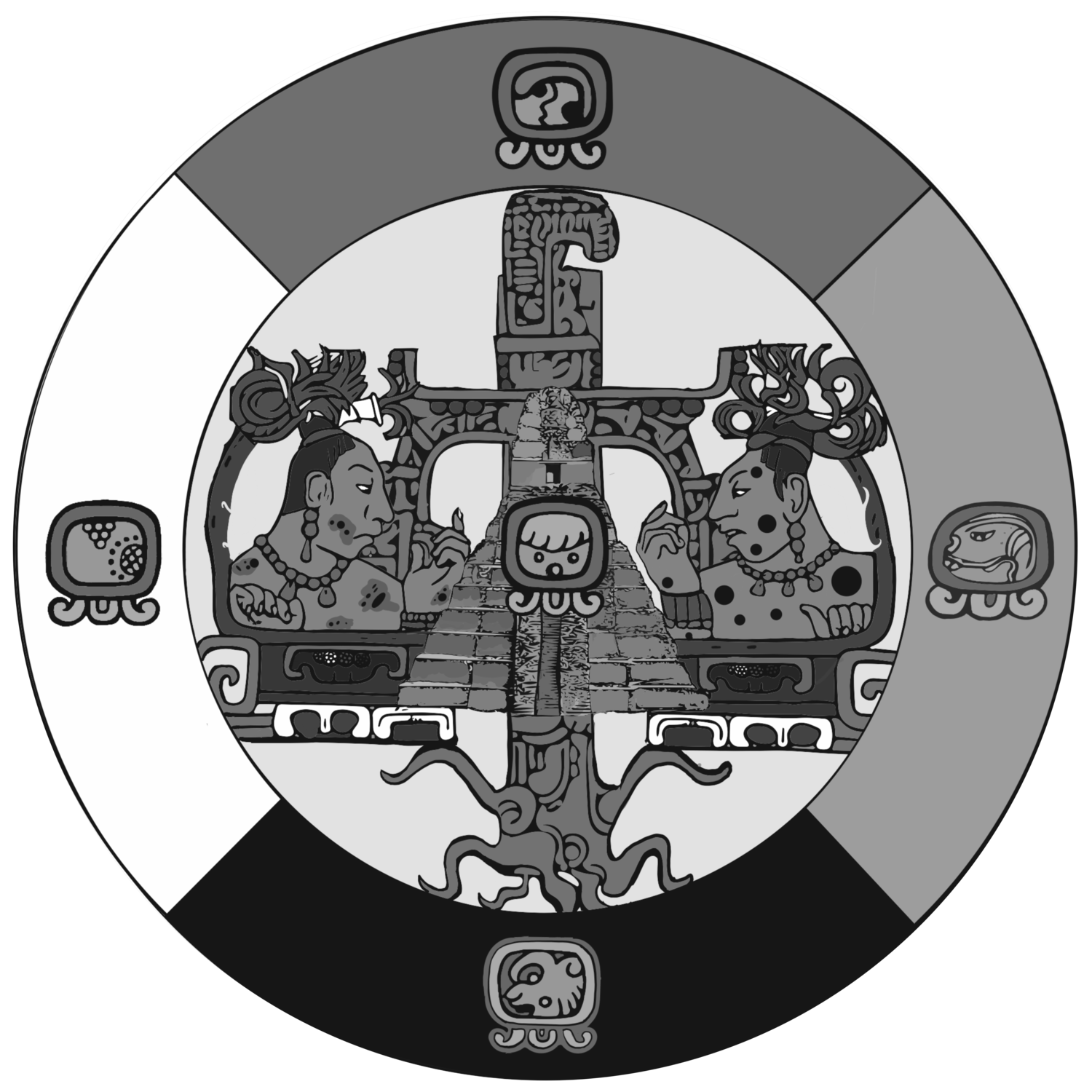
The International Mayan League is a Maya organization dedicated to preserving and promoting the cosmovision, culture, and ancestral knowledge of the Maya people. They advocate for Indigenous rights, protect the earth, and build alliances to address modern challenges while honoring traditional values and strengthening connections across Indigenous communities.
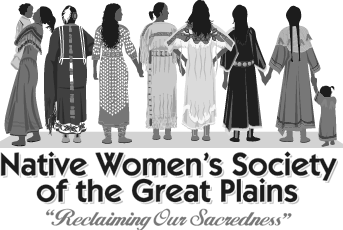
The Native Women’s Society of the Great Plains supports Native women-led programs across six states, addressing domestic and sexual violence in rural tribal communities. They provide culturally specific training, technical assistance, and a strong network to empower isolated programs and promote safety, healing, and justice for Native survivors.
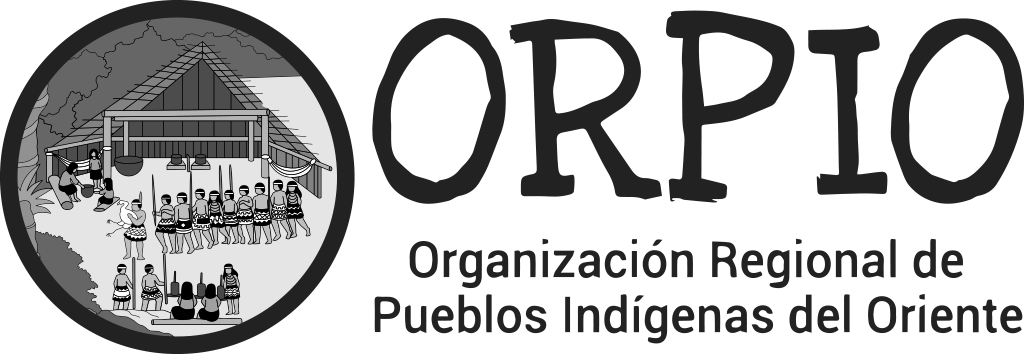
ORPIO (Organización Regional de Pueblos Indígenas del Oriente) represents over 600 Indigenous communities in Peru’s Loreto region. It defends Indigenous rights, protects ancestral territories, and promotes sustainable development and self-governance. ORPIO works to preserve the Amazon and improve the well-being of Indigenous peoples across the northeastern river basins of the Peruvian Amazon.